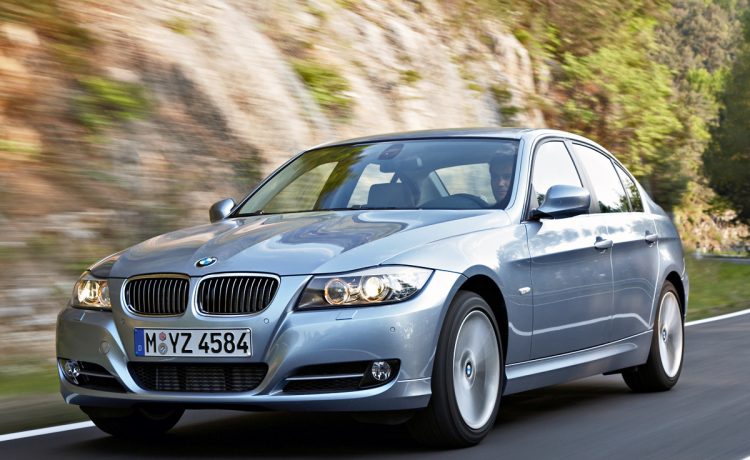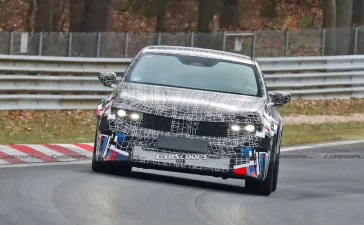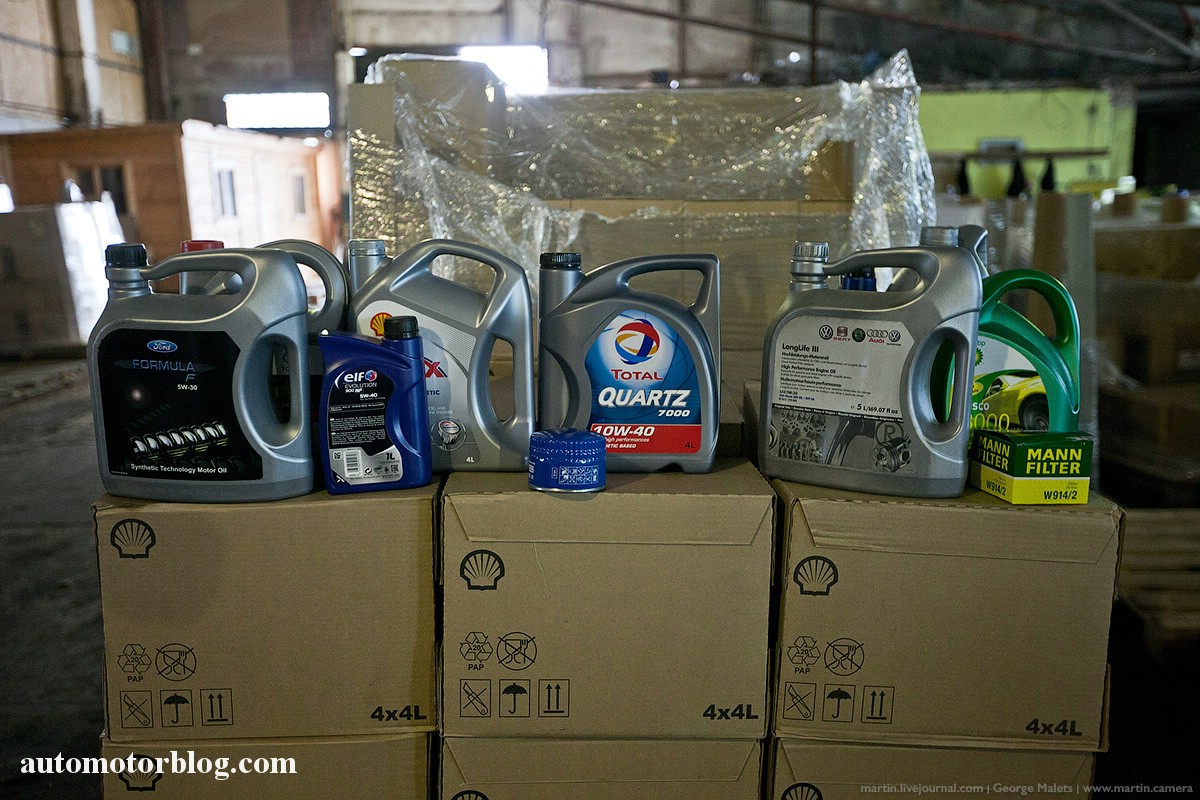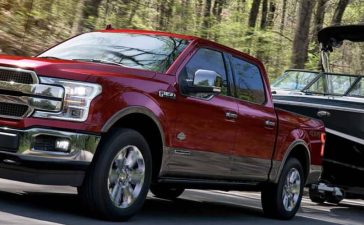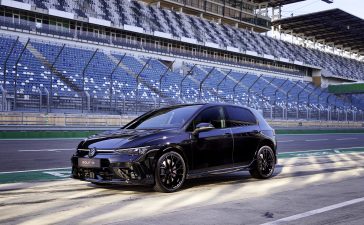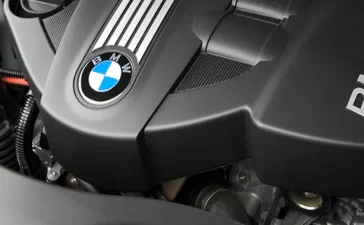The E90 BMW 3 Series is a legendary car in the world of car manufacturing. It was introduced in 2005 and came in for high praise for its great handling, distinctive styling, and technology. We now talk about two diesel engines that have common issues with their turbochargers. Let’s dive into these problems and the solutions below. 🙂
Table of Contents
The diesel engine variants in the E90 318d and 320d have always remained favorites due to their highly competitive fuel efficiency and manageable power output. However, one major drawback that these engines have is the turbocharger. In my opinion, as a real BMW fan, it is very sad to hear BMW used Mitsubishi turbochargers in the E90 generation that were not as reliable as the ones that they used in the previous generation 3 Series (E46). I tell you that the E46s were using Garrett turbochargers, extremely reliable turbos. Do you know that the E46 generation did not have issues with the turbochargers, just in isolated and rare situations? Goods should wake up and make their new cars more reliable.
As a little child, I dreamed of having a BMW 3 Series, and this dream came true. Since childhood, I have been a fan of the BMW 3 Series and I own an E46 that I am very happy with because it’s very reliable and has a great design overall interior and exterior. BMW should try to make their cars more reliable because I noticed that over time they reduce the quality of their cars, and this will make the cars unreliable in the long run and will ruin your pocket over time.
Here in this article, I will introduce the main reasons for these problems and also provide a detailed tutorial on how to solve them.
Overview of E90 BMW 3 Series 318d/320d and Its Turbocharger
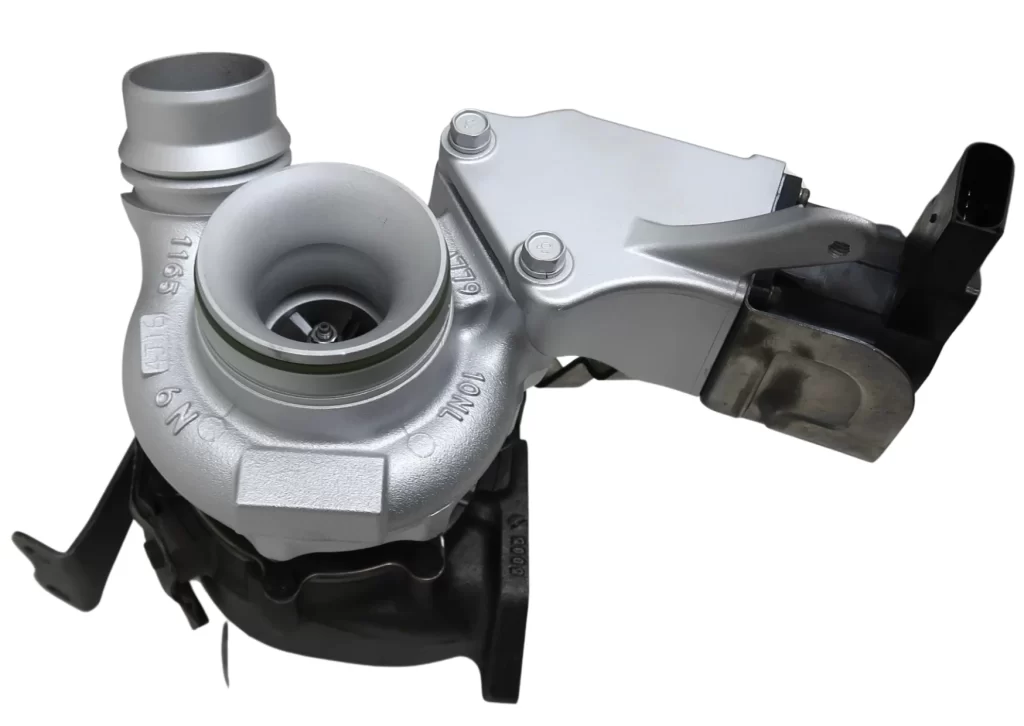
First of all, let’s make a brief introduction to the E90 BMW 3 Series 318d/320d and their turbochargers. The 318d and 320d are in the E90 3 Series generation, and both are diesel-powered automobiles. They come with a 2.0-liter turbocharged common-rail direct injection diesel four-cylinder engine (engine codename: M47) producing 122 hp for the 318d and 163 hp for the 320d. In this manner, the function of the turbocharger is to improve the general efficiency and power of the engine by compressing air into the engine cylinders, thus increasing the power delivered.
Unfortunately, the turbines that were used on the E90 318d/320d non-facelift variants are no longer the same reliable turbines that were used on the previous generation, the E46 BMW 3 Series. BMW equipped the E90 models with Mitsubishi turbines that are no longer as reliable as those used on the E46, belonging to the Garrett company.
The turbines on the E46 318d/320d cars are extremely reliable, and the turbines fail very rarely and in isolated cases, which makes this turbine model an extremely reliable one. This is no longer the case for the E90 318d/320d, as the reliability of this Mitsubishi turbine is very low, which will lead to severe problems and will lead to high maintenance costs.
I have many friends who own these 318d/320d E90 models and their turbines failed at 100,000 km, which means that it is a major problem on this side. Also, you can search on Google and you will see a lot of forums with discussions about this problem, which justifies that the turbines used on these cars have reliability problems.
The turbocharger consists of two primary components: the compressor as well as the turbine. The compressor compresses the air that is then combined with fuel and burned in the engine cylinder. However, the turbine in turn utilizes the energy from the exhaust gases to operate the compressor. This configuration enables the engine to produce more torque and horsepower at low revolutions per minute to enhance the general performance of the vehicle.
Symptoms of Turbocharger Failure
In as much as turbochargers are efficient and advanced in performance, they are similar to any other parts in cars and trap some issues. In the E90 BMW 3 Series 318d/320d, some common turbocharger issues include:
a. Oil Leakage
However, oil leakage is one of the main problems with the turbochargers in the E90 3 Series. In the turbocharger system, the seals and gaskets become damaged with time, and as a result, oil leaks from the compressor housing, turbine housing, or any other part of the system. Besides the loss of power, it eventually causes harm to the engine through increased accumulation of oil in it.
b. Boost Pressure Issues
A turbocharger creates boost pressure to squeeze more air into an engine and in turn, increase the power it delivers. Performance misalignment often results when something is wrong with the boost pressure function. A lower amount of boost pressure can reduce the power that is available with the engine, and excessive boost pressure makes the engine knock and can cause damage to the engine.
c. Wastegate Problems
The wastegate is one of the key elements of the turbocharger since it is responsible for controlling the quantity of boost pressure developed by the turbocharger. Any wastegate fault will cause a reduction in boost pressure since the wastegate is designed to regulate the boost pressure, and if it fails or gets stuck, it will either cause high or low boost pressure, which will affect the efficiency of the engine.
d. Turbocharger Failure
They include the breakdown of the turbocharger, which is mainly a result of high working pressure and fatigue. This can lead to a complete cut in boost pressure and power, hence poor running and loss of power in the vehicle’s engine.
Turbocharger Problems
By realizing the cases that lead to turbocharger-related problems in the E90 BMW 3 Series 318d/320d, it will be easier to avoid such issues and also repair them. Some of the primary factors include:
a. Lack of Maintenance
Preventive measures should therefore be taken on a regular basis to minimize the chances of major problems affecting the turbocharger system. Failure of the turbocharger may as well arise from poor engine maintenance, which may include failure to change oil or replace faulty parts, and ignoring other regular servicing tasks among others.
b. Contaminated Engine Oil
The use of low-quality engine oil or oil that has worn, contaminated with dust, dirt and other contaminants will reduce the performance of the turbocharger. The impurities get between the journal and bearing and thus cause high friction and wear of both the seals and bearings resulting in oil leakage and reduced performance.
c. Defective equipment such as control valves
In the E90 3 series, the variable valve timing means that there are actuators on the intake and exhaust valves, that open and close these valves at the precise moment for best performance and economy. In case the valve control system is improperly installed or is not working properly, a problem can arise with the turbocharger, since the air, that passes through the engine, may not go through the required process to provide proper degree of smoothness and efficiency.
d. Coolant Leaks
Genuine coolant leaks within the engine compromise the system by causing the coolant, together with the engine oil, to produce what is basically a dark, greasy sludge that affects the turbocharger. This sludge can jam the oil ways and thus cause high friction and wear on the moving parts of a turbocharger.
Solutions & How to Fix
Now that we have a good understanding of the common turbocharger problems and their causes, let’s discuss the steps to fix these issues:
a. Check and Replace those Seals and Gaskets
If leakage of oil is the major consideration, the initial thing that a mechanic carries out is to examine the seals and gaskets of the turbocharger system, given that they get worn as well as damaged. These are parts and components that you may be able to change on your own, depending on the severity of the damage, or need to call in a professional to do it.
b. This will have check and adjust boost pressure as the next step.
That is why when there are issues to do with the boost pressure, it becomes essential to determine the reason as to why this is so and correct the problem. This might include inspections of the wastegate, which might need replacing, a clean-up of the intercooler, or replacement of the turbocharger if it is damaged.
c. Wastegate Trouble Shootingleshooting
If there is a problem with the boost pressure, then the wastegate is going to need to be looked at and possibly fixed or replaced. This may require the conductance diagnostic tests to identify the problem or removing the wastegate actuator, solenoid, or other related parts.
d. Address Turbocharger Failure
In the case no individual component of the turbocharger is serviceable, then the only remedy is to perhaps replace the whole turbocharger. This can be quite a pricey and lengthy operation; therefore, it can be immensely valuable to keep your turbocharger tested to avoid a quick breakdown.
Conclusion
Altogether, the E90 BMW 3 Series 318d/320d is really a fantastic car that promises great performance with moderate fuel consumption. However, these attributes may be affected by turbocharger problems that if not well managed, would lead to the destruction of the engine. Knowing the common problems with these cars as well as the causes of the problems and how to fix them will help you to make your car a smooth ride for a long time.
Having your car checked by a professional, using the best quality oil for your car engine, and monitoring for any sign of a problem indeed can save your car’s performance and durability.
Finally, it is crucial to understand that while it is not always easy to repair turbocharger issues, the satisfaction that comes, especially from witnessing your car run again, and materials are as follows: Thus, no matter whether you decide to solve these problems on your own or find the help of professionals, you will get a truly dependable and pleasant driving experience in your favorite E90 BMW 3 Series.
What is your opinion regarding this problem? Do you own an E90? Let us know your experience in the comments below.


